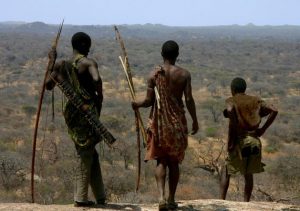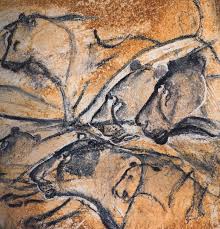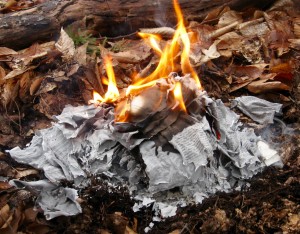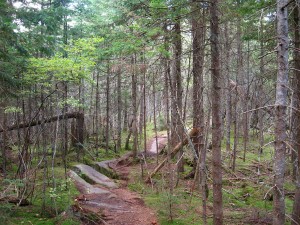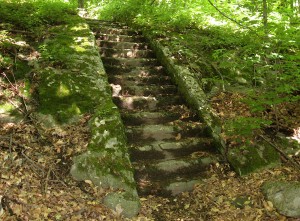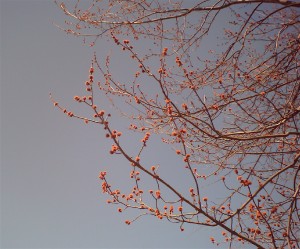Jan 28 2020
What Is Human?
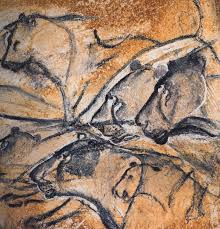
After nearly a year away from it, I am back to work on my book concerning wildness and being human. That’s a good thing, but I must say that I’m intimidated by the sheer magnitude of the subject. What do we really know about ourselves? What do we know with absolute certainty about our own humanity?
To be more specific, where do we stand in relation to nature? No doubt we live in the natural world and have always been a part of it. That much is obvious to anyone who takes paleontology and archaeology the least bit seriously. But when did we become fully human and how did that transformation take place? More importantly, what does it mean to be fully human? The more one delves into this subject, the more mind-boggling it becomes.
I imagine that all this seems rather academic to most people. What relevance could such questions have in the Digital Age? The stone tools and cave art of our distant ancestors seem rather distant indeed. Yet therein lies the key to who/what we are, and what we must do in these dangerous times to preserve our humanity.
I am convinced that the dynamic relationship between wild nature and human nature did not go away when we started building towns and engaging in agriculture on a grand scale. Contrary to what is generally assumed, civilization does not define us. I am also convinced that wildness is an essential part of our humanity. But these things I know on a visceral level, after spending considerable time alone in wild places. Making a convincing case, a rational argument to this effect, is another matter altogether.
I am working on this but it isn’t any easier than trying to understand the meaning of those 30,000-year-old drawings in the Chauvet cave or elsewhere. Were the people who drew them, long before civilization, as human as we are? I believe so, but proving that is turning out to be a much greater challenge than I thought it would be.
Comments Off on What Is Human?

